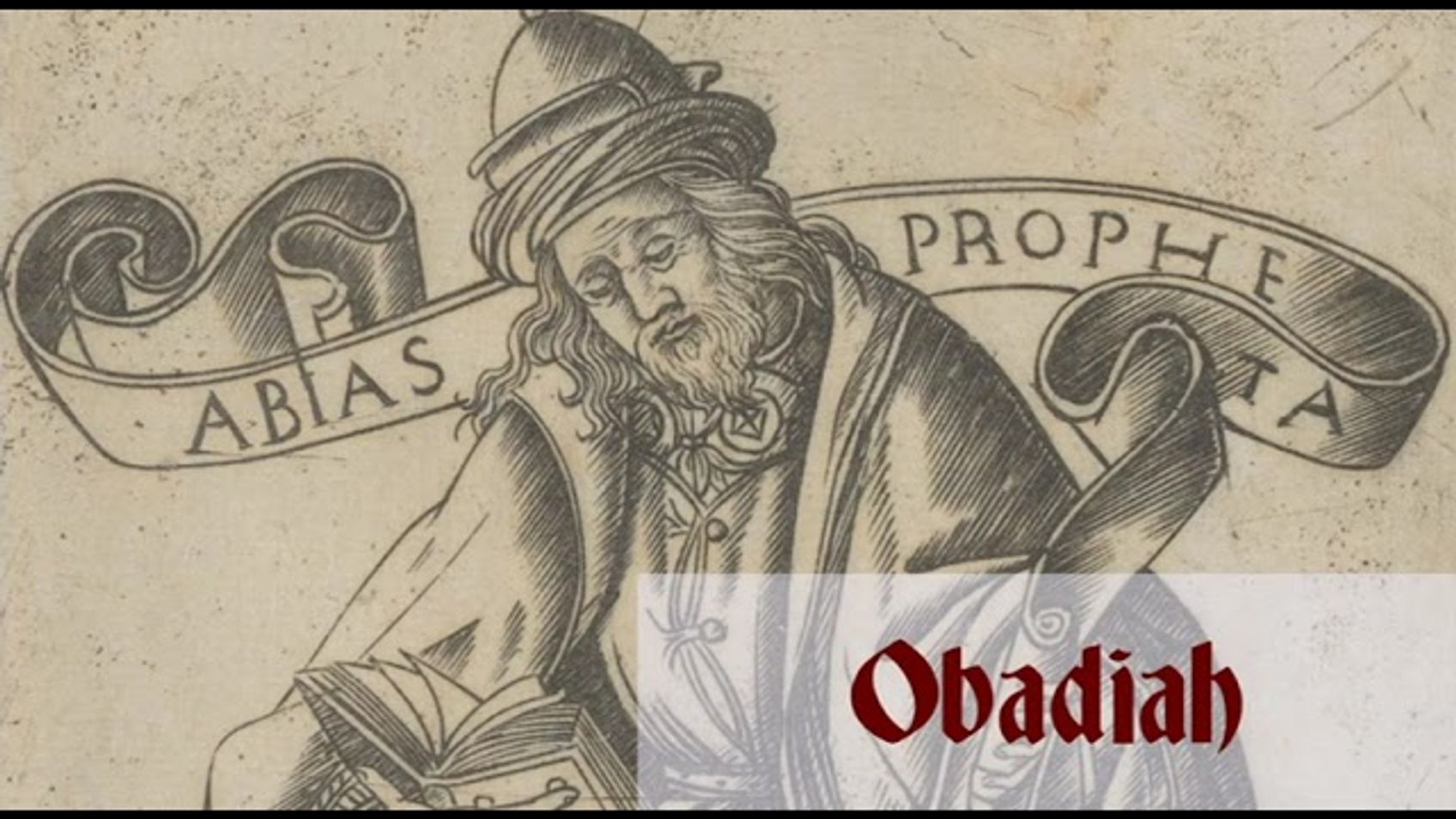Obadiah: Chapter-by-Chapter Commentary
February 18, 2022

Alastair Roberts
*CONTENTS*
00:00:00 - Chapter 1: Judgment on Edom
If you have enjoyed my videos and podcasts, please tell your friends. If you are interested in supporting my videos and podcasts and my research more generally, please consider supporting my work on Patreon (https://www.patreon.com/zugzwanged), using my PayPal account (https://bit.ly/2RLaUcB), or by buying books for my research on Amazon (https://www.amazon.co.uk/hz/wishlist/ls/36WVSWCK4X33O?ref_=wl_share).
The audio of all of my videos is available on my Soundcloud account: https://soundcloud.com/alastairadversaria. You can also listen to the audio of these episodes on iTunes: https://itunes.apple.com/gb/podcast/alastairs-adversaria/id1416351035?mt=2.
More From Alastair Roberts
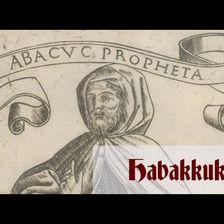
Habakkuk: Chapter-by-Chapter Commentary
Alastair Roberts
February 18, 2022
*CONTENTS*
00:00:00 - Chapter 1: Habakkuk's Complaint and the Lord's Answer
00:11:17 - Chapter 2: The Righteous Shall Live by His Faith
00:28:40 - Cha
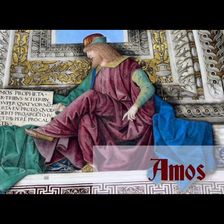
Amos: Chapter-by-Chapter Commentary
Alastair Roberts
February 18, 2022
*CONTENTS*
00:00:00 - Chapter 1: Judgment on Neighbouring Nations
00:13:57 - Chapter 2: Judgment on Judah and Israel
00:22:03 - Chapter 3: Israel's Gu
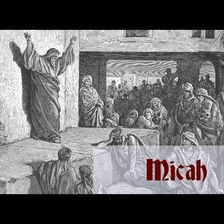
Micah: Chapter-by-Chapter Commentary
Alastair Roberts
February 18, 2022
*CONTENTS*
00:00:00 - Chapter 1: Disaster Approaching
00:09:52 - Chapter 2: Woe to Those Who Devise Wickedness
00:21:34 - Chapter 3: The Unfaithful Ru

Joel: Chapter-by-Chapter Commentary
Alastair Roberts
February 18, 2022
*CONTENTS*
00:00:00 - Chapter 1: The Locust Invasion
00:15:29 - Chapter 2: The Day of the Lord
00:35:10 - Chapter 3: The Lord Enters into Judgment wit
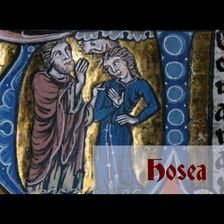
Hosea: Chapter-by-Chapter Commentary
Alastair Roberts
February 18, 2022
*CONTENTS*
00:00:00 - Chapter 1: Hosea's Children by an Unfaithful Wife
00:09:43 - Chapter 2: The Unfaithful Bride, Israel, Taken Back
00:18:09 - Chap
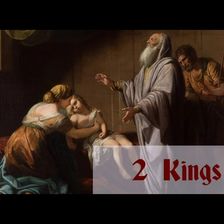
2 Kings: Chapter-by-Chapter Commentary
Alastair Roberts
February 18, 2022
*CONTENTS*
00:00:00 - Chapter 1: Ahaziah Condemned by Elijah
00:06:22 - Chapter 2: Elijah Ascends into Heaven
00:22:26 - Chapter 3: War Against Moab
0
More on OpenTheo

Lora Ries: Border Security and Immigration Policy
Knight & Rose Show
December 7, 2025
Wintery Knight and Desert Rose welcome Lora Ries to discuss border security and immigration policy. They explore Biden's policy changes, like ending R

Does God Really Need a “Pound of Flesh” to Forgive Sins?
#STRask
January 12, 2026
Questions about how to answer the challenge that God doesn’t need a “pound of flesh” to forgive sins but can simply forgive, and whether the claim in

An Invitation to the 2026 Coram Deo Pastors Conference
Life and Books and Everything
February 18, 2026
"I love being a pastor, and I love pastors, which is why I hope you will consider joining us at the Coram Deo Pastors Conference in 2026." —Kevin DeYo

Does God Hear the Prayers of Non-Believers?
#STRask
February 26, 2026
Questions about whether or not God hears and answers the prayers of non-believers, and thoughts about a church sign that reads (as if from God), “Just

Shouldn’t I Be Praying for My Soul Rather Than for Material Things?
#STRask
February 2, 2026
Questions about whether we should be praying for our souls rather than for material things, why we need to pray about decisions, whether the devil can

Kingdom Priorities: Following the Teachings of Jesus
Knight & Rose Show
February 14, 2026
Wintery Knight and Desert Rose discuss Jesus' teachings from the Gospels, emphasizing truth, evidence, self-denial, and forgiveness. They explore pass

Did God Create Us So He Wouldn’t Be Alone?
#STRask
November 3, 2025
Questions about whether God created us so he wouldn’t be alone, what he had before us, and a comparison between the Muslim view of God and the Christi

Does Open-Mindedness Require Studying Other Religions Before Becoming a Christian?
#STRask
February 9, 2026
Questions about the claim that if Christians really want to be open-minded, they need to read and study other religions before committing to Christian

Protestants and Catholics: What’s the Difference? With Chad Van Dixhoorn, Blair Smith, and Mark McDowell
Life and Books and Everything
November 26, 2025
How should Protestants think about the Catholic Mass? About the Eucharist? About the history and development of the papacy? In this panel discussion,

How Do I Determine Which Topics at Work Are Worth Commenting On?
#STRask
January 5, 2026
Questions about how to determine which topics at work are worth commenting on, and a good way to respond when you’re in a group Bible study and hear e

Christmas Cranks and Christmas Blessings with Justin Taylor and Collin Hansen
Life and Books and Everything
December 17, 2025
If you are looking for a podcast where three friends talk about whatever they want to talk about and ramble on about sports, books, and grievances, th

The Making of the American Mind with Matthew Spalding
Life and Books and Everything
February 2, 2026
The United States is unique in how much attention it pays to its founding, its founders, and its founding documents. Arguably, the most famous and mos

The Man on the Middle Cross with Alistair Begg
Life and Books and Everything
November 10, 2025
If you haven’t seen the viral clip, go see it right now. In this episode, Kevin talks to Alistair about the preaching clip he didn’t intend to give, h

Is It a Sin to Feel Let Down by God?
#STRask
November 6, 2025
Questions about whether it’s a sin to feel let down by God and whether it would be easier to have a personal relationship with a rock than with a God

What Is Wrong with Wokeness? With Neil Shenvi
Life and Books and Everything
January 19, 2026
In this timely interview, Kevin talks to Neil Shenvi about his new book (co-authored with Pat Sawyer), entitled “Post Woke: Asserting a Biblical Visio
